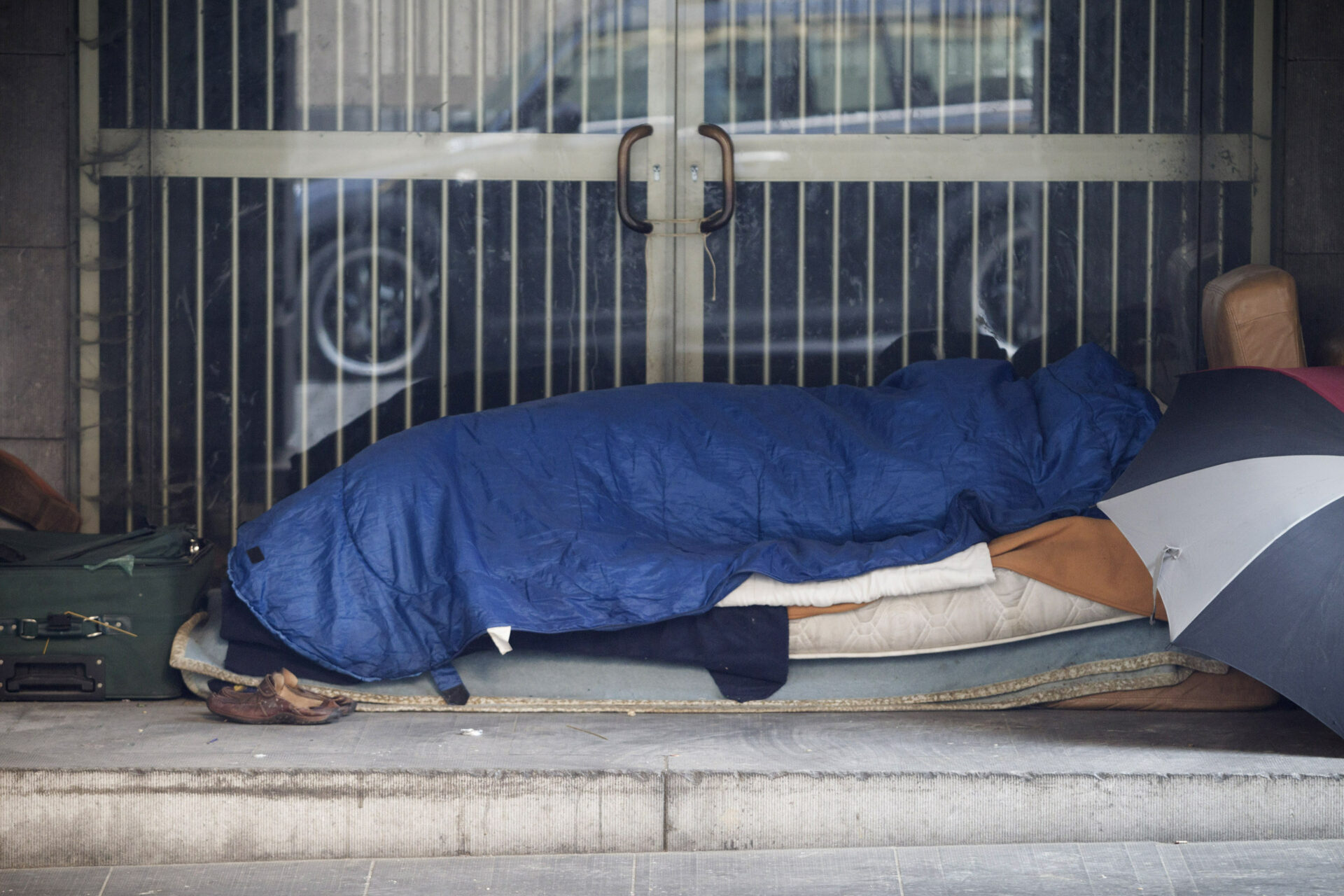A medicine ordinarily prescribed to combat nerve pain and treat epilepsy is also being sold by drug dealers, especially in Brussels. The prescription drug pregabalin (which comes in pill form) is increasingly used recreationally to create euphoric and dissociative effects.
Drug safety experts have voiced concerns about a situation similar to the US opiate crisis as customs officials and Brussels police are seizing more and more Lyrica pills – the commercial name for pregabalin. The Brussels North police zone confiscated more than 3,500 such pills last year, and another 520 between May and July.
"Pregabalin trafficking has indeed grown in Belgium in recent years," Luisa Delgado of the Federal Police told The Brussels Times. To understand the growing trade, the Federal Judicial Police is comparing police data with figures from the Federal Agency for Medicines and Health Products (FAMHP).
The analysis is not yet complete but Delgado confirmed that "there are more reports of these pills, especially in the Brussels-Capital Region."
An unregulated high
Annual prescription sales of Lyrica grew almost sevenfold in Belgium between 2014 and 2022. But the European Union Drugs Agency (EUDA), which monitors the use of pregabalin, identified signals of pregabalin misuse as early as 2009.
The FAMHP does not have current usage figures but says that pregabalin is the new "hype" in Belgium. "The pregabalin trade seems to be very intertwined with illicit drug trafficking," FAMHP's spokesperson Ann Eeckhout told The Brussels Times.
Although the European Medicines Agency (EMA) has added a specific warning about recreational use in Lyrica's product summary, the drug is not registered as a high-risk narcotic. As a result, prescribers are not sufficiently aware of the risk of misuse. The drug is also made more accessible as pregabalin is not listed as a specially regulated substance, such as hormones, antibiotics and psychotropic substances.
This means that offences involving pregabalin are punished less severely, an important consideration when it comes to illicit drug deals, Eeckhout cautions.
The pills sold in Brussels are sometimes obtained through doctors' prescriptions in Belgium, while others are unregistered (authorised) pills brought in from India, Delgado explains. "Some are sold and used here while others are exported to Sweden, among other countries."
Moreover, the trade can be highly lucrative. As a prescription drug in Belgium, a box of Lyrica with 200 pills costs €9 in a Belgian pharmacy. But each pill can be sold for €5 in Sweden, Delgado says.
Endemic among Belgium's most vulnerable
The relatively low cost of the pills – in Belgium, they can be bought for as little as €1 – has resulted in Lyrica being dubbed a "poor man's drug", but it has also become the drug of the vulnerable.
The use of pregabalin was already detected by associations working with migrants and refugees in 2016. The drug has been prescribed to treat generalised anxiety disorders or post-traumatic stress disorder among migrants. Upon arrival in Belgium, many struggle to access the healthcare system, turning to black markets and drug dealers for the pills.
Today, a significant part of Brussels' vulnerable population struggles with addiction to the pills and the majority of people struggling with Lyrica are from a migrant background or are homeless.
Furthermore, the Federal Judicial Police has warned that drug gangs are keeping minors from North Africa and Afghanistan hooked on Lyrica to use as free labour.

A homeless person sleeping in the streets of Brussels. Credit: Belga/Kristof Van Accom
Mirroring the opiate crisis?
Pregabalin abuse can quickly lead to dependence. A 2013 study showed that 13% of patients started abusing the drug to experience intoxication after 18 months of treatment. Withdrawal-related symptoms can occur even after a relatively short period of two months.
Those with chronic pain, personality disorders or a history of opiate use are particularly at risk of misusing pregabalin. But even more vulnerable are users motivated by the search for a feeling of euphoria. Especially in combination with other drugs, alcohol, or high doses, pregabalin is strongly euphoric and dissociative. People addicted to it are increasingly experimenting with ways of taking the drug, such as sniffing or injecting it.
A similar trend was seen among users of opiates in the United States, where legal prescription opioids such as oxycodone have been widely prescribed since the late 1990s. Initially prescribed to combat chronic pain, a lack of regulation and lobbying by producer Purdue Pharma to increase doses resulted in widespread misuse and almost 600,000 deaths. Opiate abuse is one of the most devastating public health catastrophes in recent US history.
Related News
- No such thing as 'fair trade cocaine', says Belgium's Drugs Commissioner
- 'Triangle of issues': The domino effect of poverty, addiction and mental illness in the Northern Quarter
Ana Gallegos (PhD), head of the risk to public safety and security unit with a focus on new drugs at the EUDA, told The Brussels Times that pregabalin may already have been involved in the deaths of several users.
However, she stressed that fears that the medicine could trigger a situation similar to the opiate crisis in the US are overhasty. "The situation in Europe regarding opioids is very different than in the US. Prescribing practices are also very different. Misuse is also routinely reported."
Still, the Belgian Centre for Pharmacotherapy warned that doctors in Belgium should be "particularly careful" before starting treatment with pregabalin or before renewing a prescription.
"Caution should also be exercised in patients with a history of drug and drug abuse and in patients who are also taking other drugs that suppress the central nervous system, such as opioids. Pharmacists, as part of pharmaceutical care, should check carefully whether the prescription is compliant and contact the prescriber in case of doubt."

